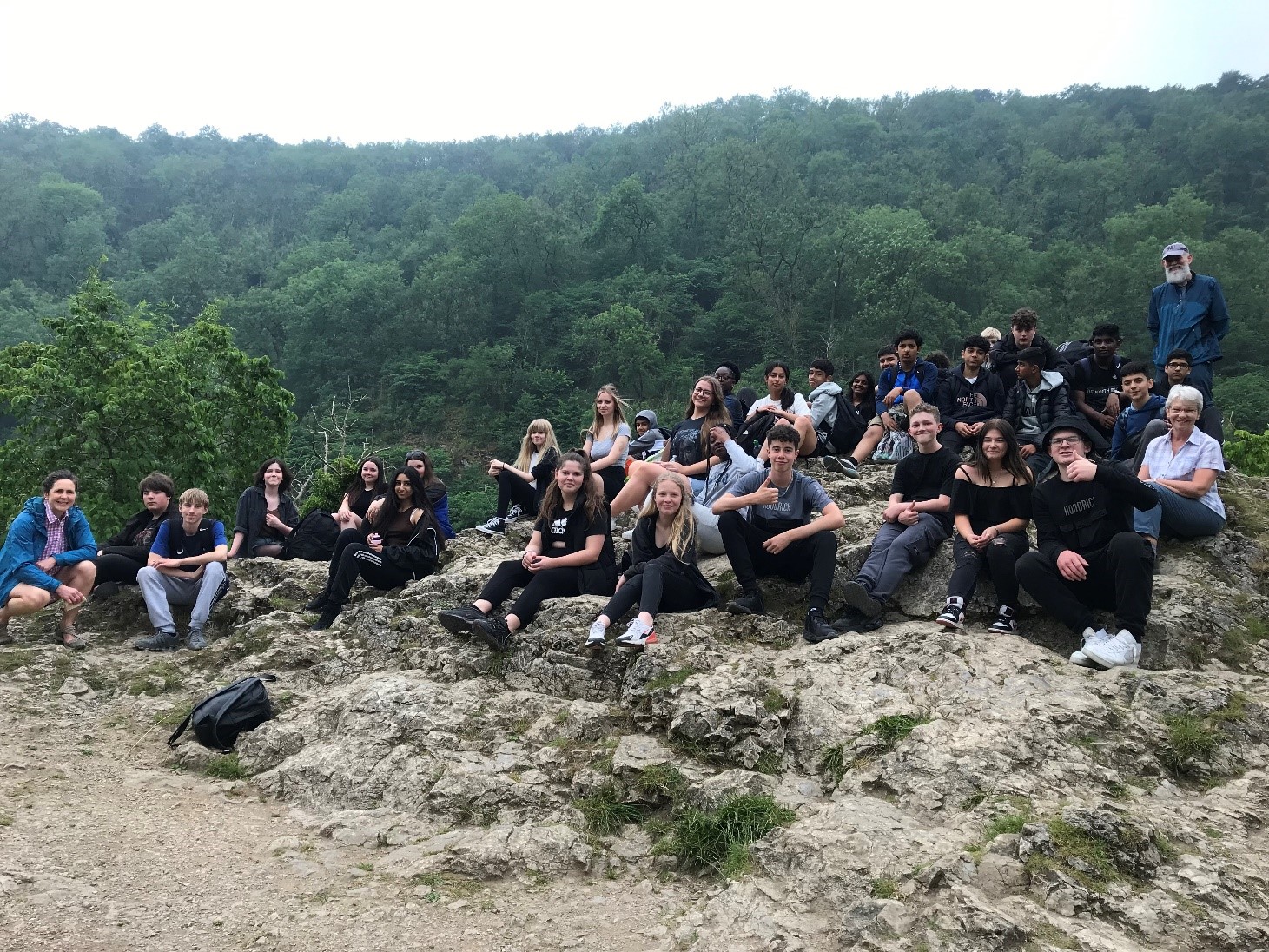
Geography
Our Vision
Geography underpins a lifelong conversation about the earth as the home of humankind. At the Cedars we offer an up-to-date, relevant and issues-based curriculum with sustainable development at the core, in line with other schools in the Lionheart Trust. The programme is designed to inspire awe and wonder about the world; we want students to apply knowledge and conceptual understanding to new settings and use enquiry and problem-solving activities to prepare them for life in the 21st century. Our aim is that students think geographically about the changing world, becoming critical thinkers and knowledgeable, skilful and responsible global citizens who care about the future of our planet. As a result, the Geography curriculum at The Cedars encourages students to consider the diversity of the world’s environments, people, culture and economics to better understand the world they live in today and the events that shape our world both now and in the future.
We believe that students should have a sound understanding of the world that they live in and understand how our physical and human world interlink. We want our students to be prepared with the knowledge, skills and understanding to make sense of their world and to face the challenges that will shape our societies and environments at the local, national and global scales. Therefore, At the Cedars, we use up to date examples and case studies to allow students to exemplify and evidence contemporary issues. Furthermore, our spiral curriculum identifies areas where locational knowledge, place knowledge and knowledge of environmental (e.g. Climate Change), physical (e.g. plate tectonics) and human (e.g. development) geography processes are important and these are revisited through interleaving to encourage students to think geographically and synoptically. Geographical skills, such as map reading, are also studied and revisited to aid students understanding of these processes.
Through Geography at the Cedars, students are encouraged to develop an understanding of societies different to their own and to value this difference and what it brings to the world. Overall, students will develop a respect and understanding for different cultures and societies as well as the natural world and physical environment.
Mr Clemett, Mr Khan and Mr Wells
– Geography Department
Studying Geography at KS3
Year 7 have two one-hour lessons of Geography per week and study:
- Introduction to Geography and Why is the UK important?
- How does weather and climate affect our lives?
- Why is the Middle East an important world region?
- What is the future of planet Earth?
Year 8 have two one-hour lessons of Geography per week and study:
- What is Development?
- How are populations changing?
- What happens where the land meets the sea? (Coasts & Rivers)
- How is Asia being transformed?
Year 9 have 3 one-hour lessons of Geography over a 2-week period and study:
- Will we ever know enough about Earthquakes and Volcanoes to live safely? (Tectonics)
- What are the challenges and opportunities facing Africa?
- How does ice change the world? (Glaciation)
- How will Climate Change affect the future of Earth?
At KS3, students are set homework on a fortnightly basis and are in the form of Retrieval quizzes.



